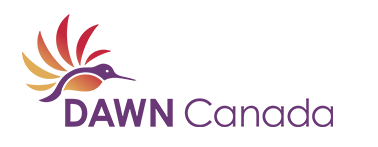A slap on the wrist does not equal a slap in the face

FOR IMMEDIATE RELEASE
A slap on the wrist does not equal a slap in the face
Winnipeg, MB, January 30, 2019 – People First of Canada (PFC) members across the country were appalled when a Grande Prairie, Alberta, teacher got a slap on the wrist as punishment for slapping a 10 year-old student with disabilities across the face so hard she left a mark.
She was charged with two counts of unprofessional conduct, given a severe letter of reprimand, and a $200 fine. This is a slap on the wrist compared to the penalties of the Criminal Code for common assault, which has a maximum of six months prison time and fines that can go up to $5,000.
Although the teacher recognized that her actions were not appropriate, that recognition should not give her a pass. Who wouldn’t say they were wrong when they were caught hitting a child. It is self-serving and self-preserving – especially with 20 other students as witnesses to the act.
The slap happened nine months ago, in May 2018, but the charges were only given last week. The teacher is currently teaching at another elementary school. The student she slapped continues to have thoughts and fears about seeing her again in any context or situation.
“It is unfortunate, and very sad to say, but he should be worried,” said Shelley Fletcher, Executive Director of PFC. “Children with disabilities are almost four times more likely to experience violence than non-disabled children. Children with intellectual (or mental) disabilities are at an even greater risk. And while she gets a slap on the wrist for her actions, the student joins that statistic,” Fletcher said.
And it won’t get better as he gets older. His risk of experiencing violence and sexual assault during his lifetime is many times greater than those without disabilities.
“A big part of the problem is the message this light punishment sends,” said Kory Earle, President of PFC. “To me, the charges say – It’s no big deal, it was only a kid with disabilities. As an adult with an intellectual disability who has experienced violence, I can tell you this punishment is not enough,” said Earle. “It sends the wrong message.”
-30-
People First of Canada is the national voice of people who have been labelled with an intellectual disability. The vision of People First is to see all citizens living equally in the community. For further information contact Shelley Fletcher, Executive Director for People First of Canada Phone: 204-784-7362 or by Email: sfletcher@peoplefirstofcanada.ca Find out more at www.peoplefirstofcanada.ca
